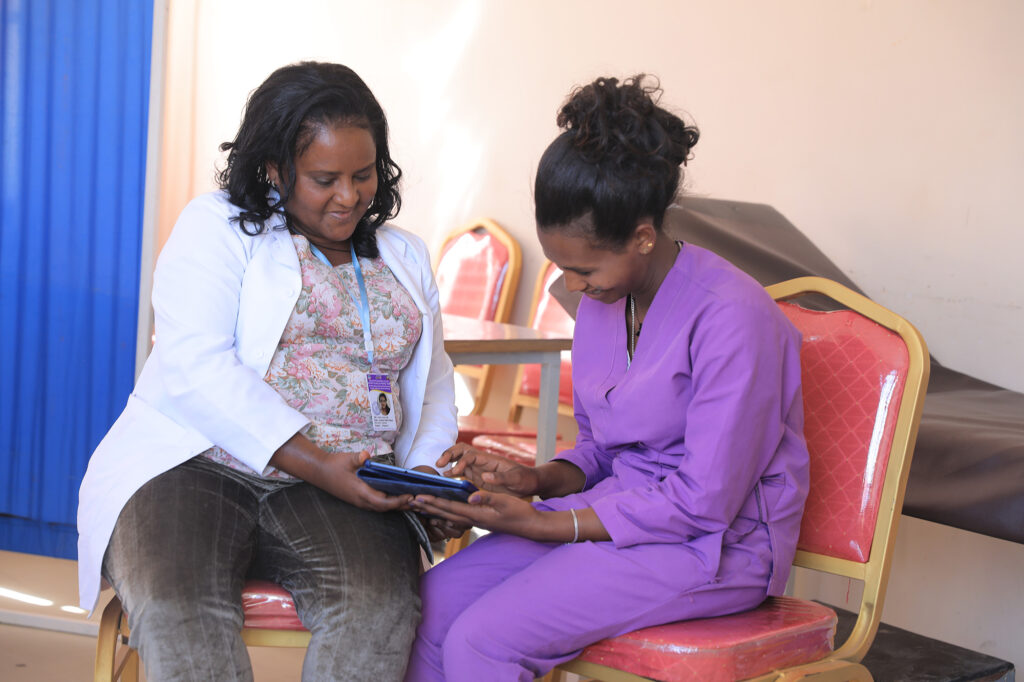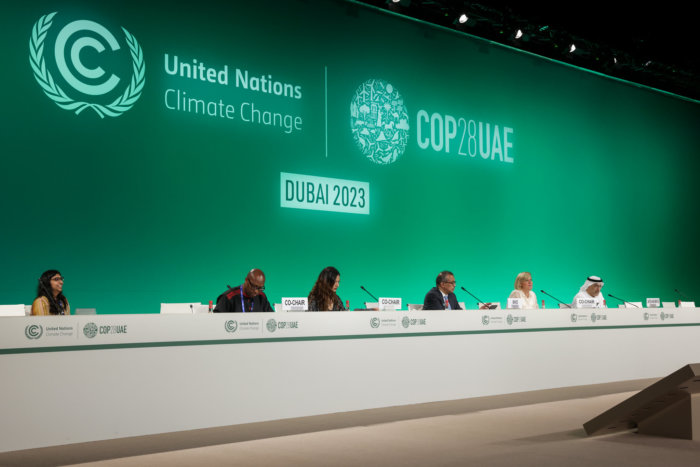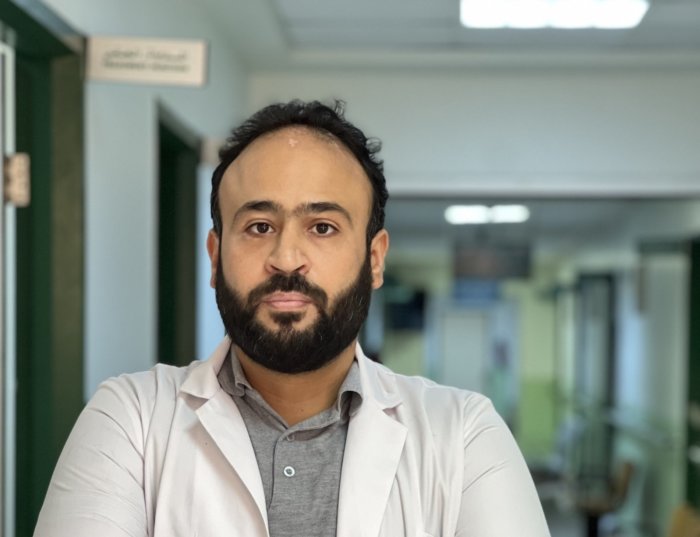Why we launched a fundraising campaign for the Gaza crisis
Seeing a crisis like the hostilities between Hamas and Israel unfold before our eyes, it is easy to be overwhelmed by emotion: it might be anger, fear, or a sense of helplessness. We watch the news or social media reels, read the posts and see the images of other humans at their worst or at their most vulnerable.
In the current crisis, many people are suffering. Thousands of families are grieving the deaths of loved ones, many were taken hostage and thousands of people are injured and needing treatment. At the WHO Foundation, we raise resources for the work of WHO and its partners and we mobilize funds to effect significant improvements in health. In a crisis like this, we ask ourselves what we can do to improve people’s health, and whether there is support among the public to donate. Knowing whether to act can be a finely balanced decision and the final guiding principle must be a humanitarian one.

In this conflict, it became quickly apparent that the unmet health needs in the Gaza Strip are overwhelming. By 16 October, WHO had reported an acute shortage of medical supplies; that emergency, trauma, and surgical supplies were running out. Hospital blood banks were low in stock as were medicines to treat diseases. At the same time, the number of people seriously injured was mounting by the hour.
We knew that WHO had already provided hospitals with emergency medical supplies and was in a position to deliver even more supplies when humanitarian access was granted. As the UN’s first responder for health in emergencies, WHO is mandated to support health systems and it has the logistical expertise, medical supplies, and coordinating power to deliver health services.
By launching a public-facing campaign we give people a chance to show their solidarity with the health workers who stay and deliver and the patients whose lives can be saved. Funding goes to WHO’s Contingency Fund for Emergencies, which is deployed as soon as a health emergency arises no matter where in the world it occurs.
Our job is to make it easy to support the lifesaving work of WHO and the people they serve and to ensure health for all.



